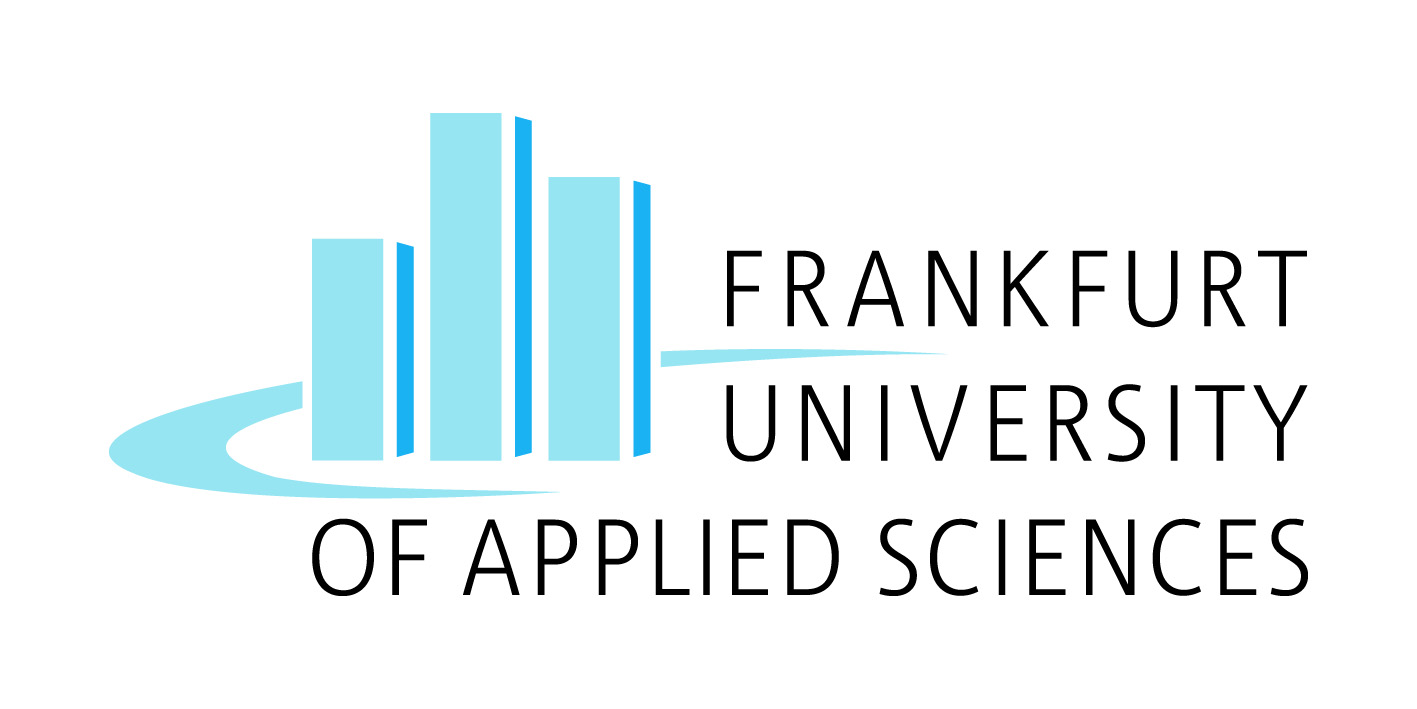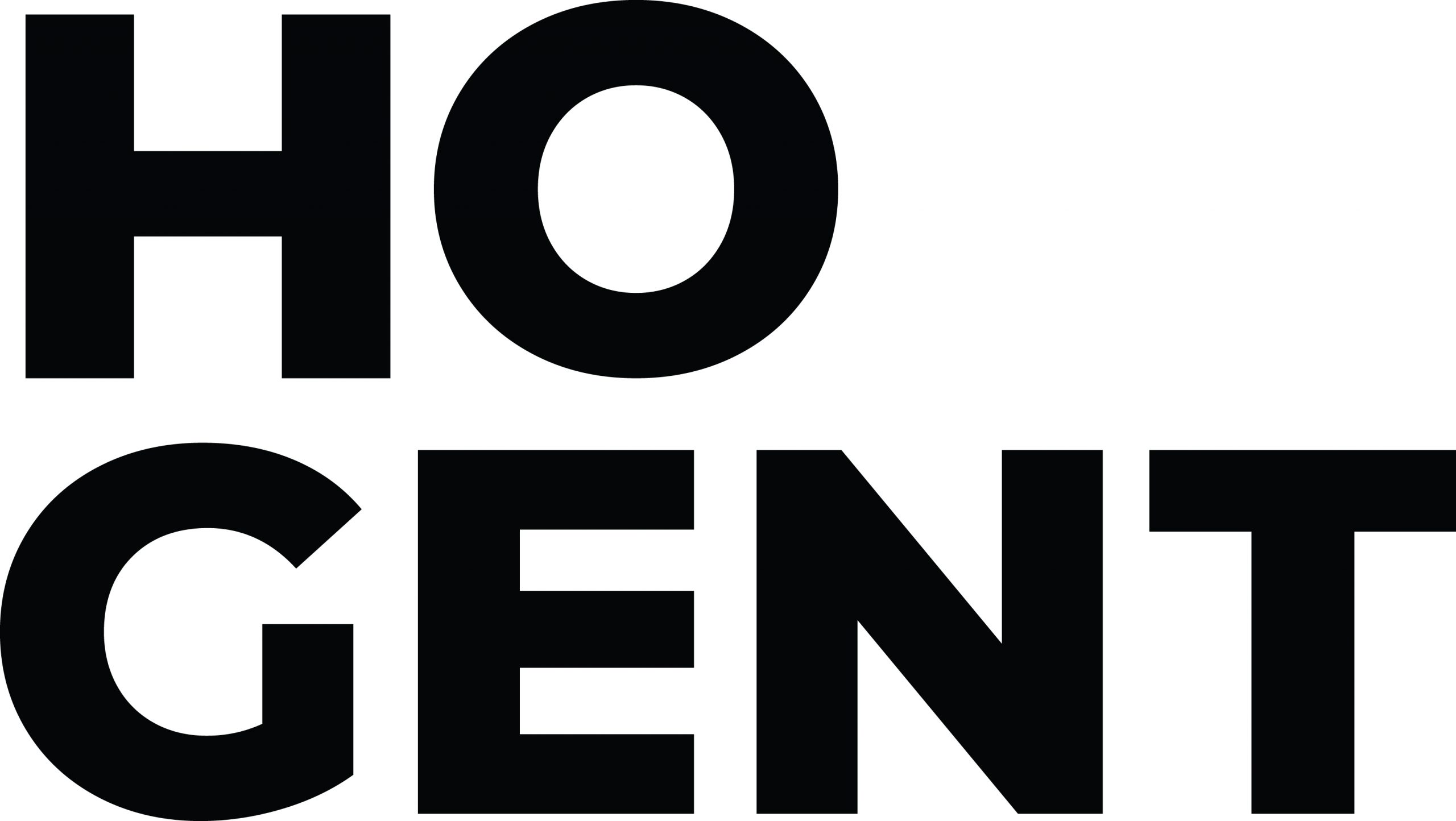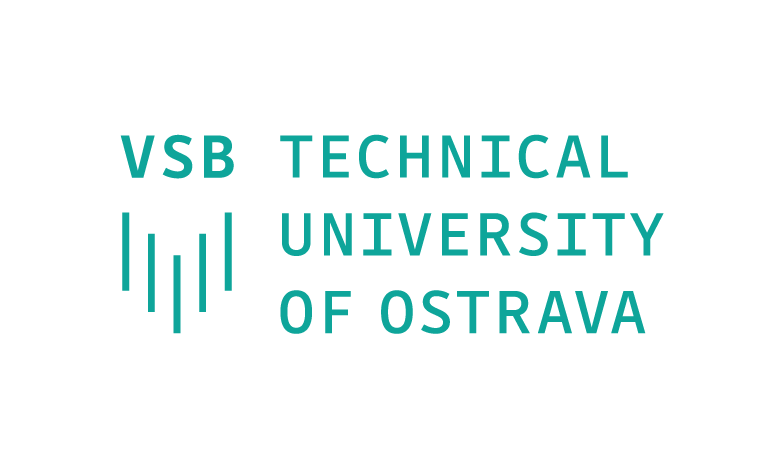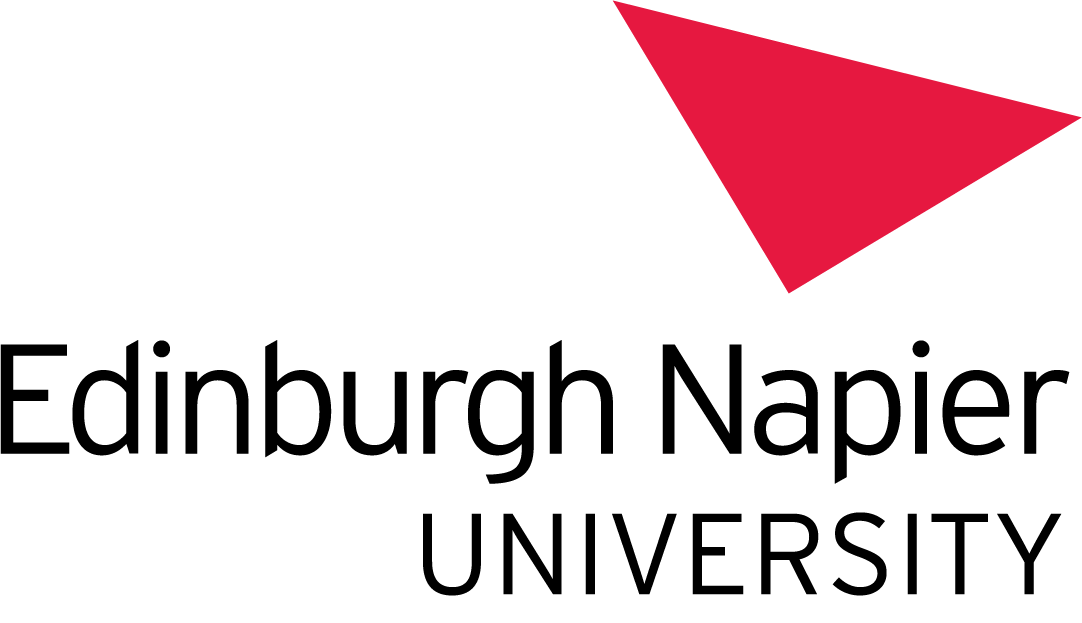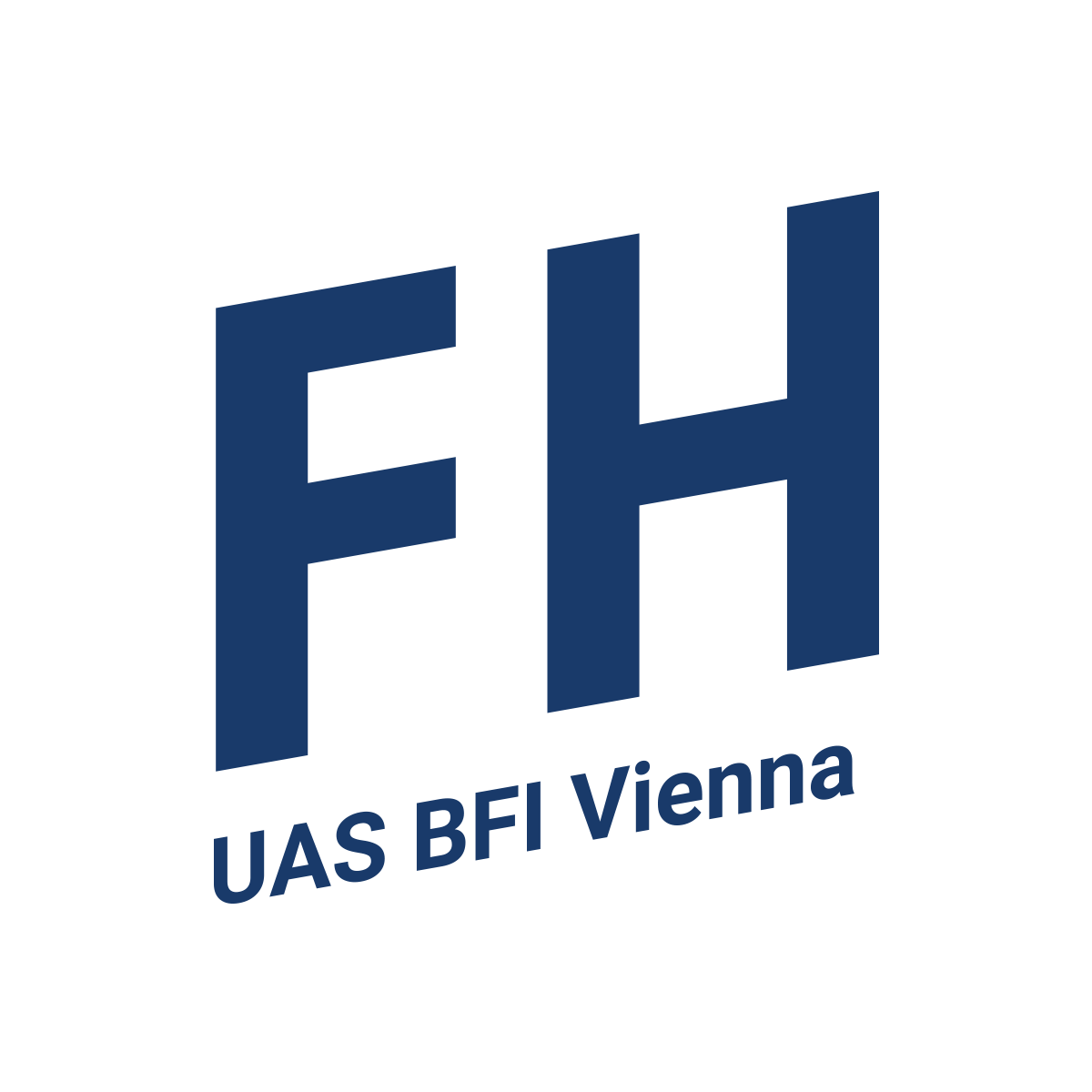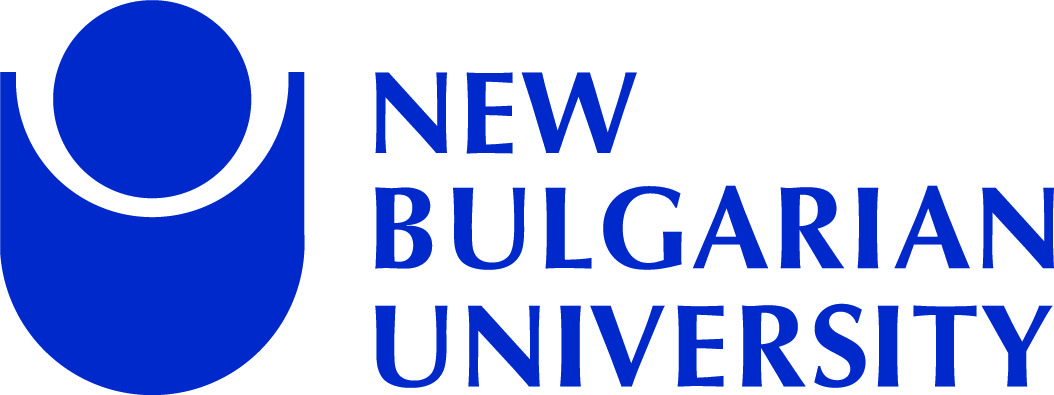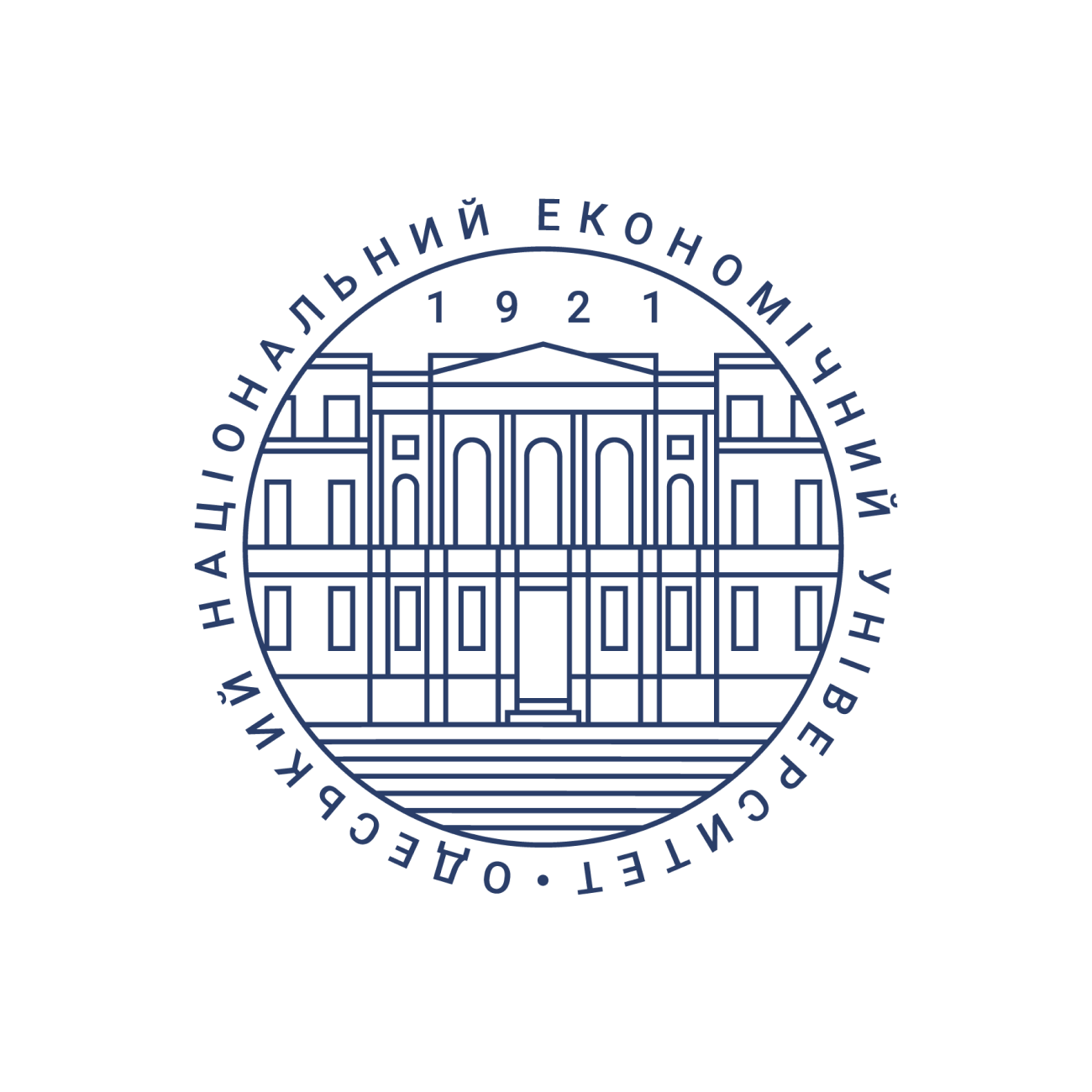Stories
Frankfurt UAS establishes four U!REKA innovation professorships
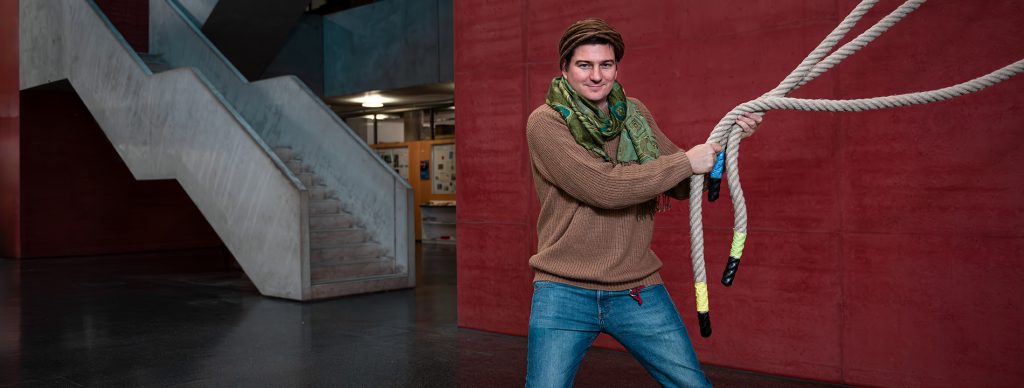
In his innovation project Co-Creating European Challenge-Based Education, Raul Gschrey wants to drive forward the didactic profiling of the European University Alliance. His aim is to develop modern teaching formats and teaching research projects and to establish an educational agenda including a website, best practices and methods. Digital and analogue approaches play an equal role in facilitating collaboration between all U!REKA partner universities.
In Conversation with Raul Gschrey
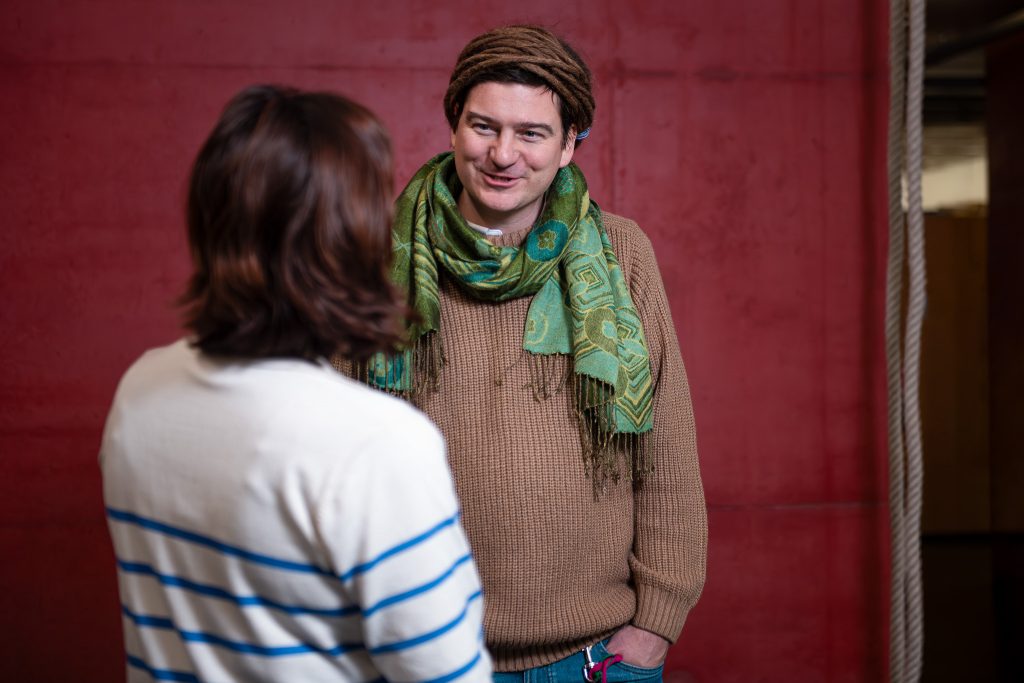
Raul, what is your project about?
The project is part of U!REKA, our European University Alliance. Together with my colleagues in Frankfurt and international partners, I want to develop a European educational agenda and establish new contemporary forms of learning.
What are contemporary forms of learning and what added value do they offer for international cooperation?
Work in the international university network often takes place online. Meetings in person are only possible for a short time. That’s why we need to establish new learning and teaching formats with lecturers and experts from other universities. I want to find out two things in my innovation professorship: How lecturers and students benefit from online meetings and how on-site meetings can be planned well so that they are productive experiences for those involved.
How does that work in practice?
We have been working for several years in the U!REKA Lab: Urban Commons with architects, urban planners, artists and social workers on sustainable communal living, ecological and cultural projects. Together with students, we examine international initiatives based on the idea of community and compare their working methods, structures and goals. We use artistic and ethnographic methods, carry out small research projects and shed light on strategies with which the projects promote the commons idea. The cooperation shows how close European cities are in terms of the problems and social fields they address.
Another example is the U!REKA Lab: Co-Creativity in Social Arts, in which we bring together students and experts who work at the interface of art and social issues, in social art production and cultural education. We focus on the exchange, comparison of methods and approaches to different social spaces and groups of people and the professional development of students into experts.
You brought a three-part rope to tell us about your project. Why?
The rope is part of the artistic project ‘Trilateral Tug of War’ – a series of performances in which participants measure their strength according to new rules and experience a shift in the balance of power. The rope was specially made and is one of a kind. We have already presented it in exhibitions and used it at events on European border regimes, Europe Day and during Democracy Week in Basel, Saint-Louis, Weil am Rhein and Frankfurt, among others.
What is the aim of your innovation professorship?
It is important to me to shape the process co-creatively with international colleagues. We try out different learning, teaching and presentation formats and support best practice examples for U!REKA. I would like to develop COILs (Collaborative Online International Learning), BIPs (Blended Intensive Programs) and shorter exchange formats, such as online visits by international lecturers, online presentations by students or collaborative method tests. My goal is to get the most out of our European educational cooperation in an interdisciplinary and international way.
What contribution can your project make in a time characterized by problems and crises?
For me, the focus is on encounters. It’s about European students and learners meeting as equals and developing an understanding for each other, their respective situations and local specifics. The future lies in a European university community. In this way, we enable students to switch between international universities and acquire expertise that we need in Europe.
I have just returned from Groningen from the U!REKA exchange [COMMON GROUND] of the U!REKA Lab: Co-Creativity in Social Arts. There I realized once again the power that unfolds when people from international contexts and different disciplines exchange ideas. This is important for the professional development of students and the further training of teachers. We can learn a lot from each other in terms of concrete knowledge transfer, teaching style and use of methods.
How does your innovation professorship set a focus in the U!REKA university alliance?
The (further) development of European cooperation and the U!REKA educational agenda should be as practice-oriented, participative, inclusive and a co-creative collaborative process as possible. A major advantage of our cooperation, which has been tried and tested in concrete teaching, is its practicality. We don’t plan the programs on the drawing board, but try out with students and stakeholders how collaboration can work. This is practical and can be connected to the realities of students’ and teachers’ lives.
Thank you for the interview!


